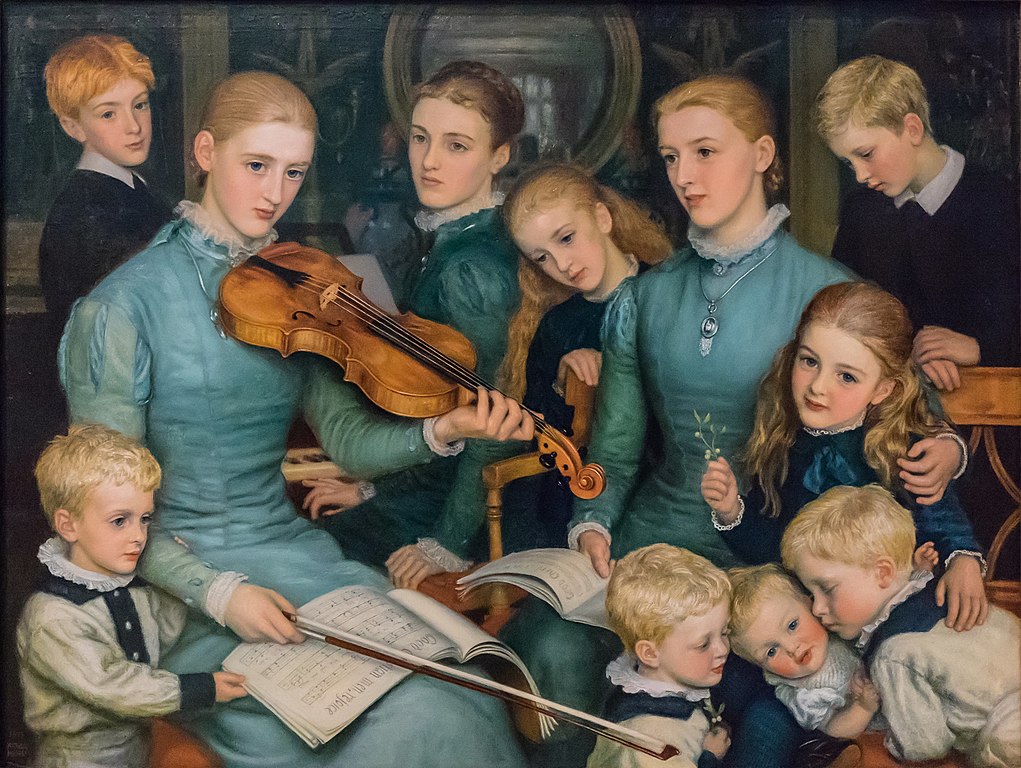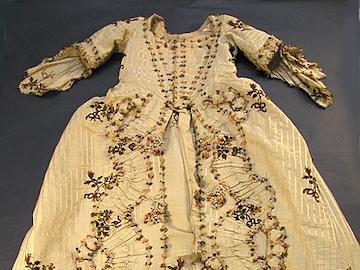Archive
1
In a sermon for Christmas Day, St Bede confronts his brethren with the truth about Mary’s wonderful child.
In his Gospel, St John tells us that Mary’s child was actually God himself. From early times, the shock of this simple proposition was too much, even for very senior clergy, and they retreated into hair-splitting qualifications to escape it. The eighth-century English monk Bede, in a Christmas sermon, reminded his brethren of what happened to that child later.
Posted Yesterday
2
‘Alpha of the Plough’ thought the Victorians understood Christmas and New Year better than we do.
Writing in full knowledge of the horrors of the Great War, columnist Alfred Gardiner found early twentieth-century sneering towards the past a little hard to bear. The kind of progress we had made, he said, had not given us that right, and it was particularly grating to hear the moderns scorn their grandparents’ idea of how to keep Christmas and New Year.
Posted December 23
3
Sir Roger explains why he makes Christmas such a special time for all his neighbours.
Sir Roger de Coverley, a Worcestershire baronet, was created by Richard Steele in The Spectator for March 2nd, 1711. Sir Roger was the quintessence of the English rural squire, hearty, sometimes buffoonish, but lovable. Here, he speaks about Christmas on his estates. Steele’s friend Joseph Addison wrote this piece, which began with a line from Ovid: Most rare is now our old simplicity.
Posted December 21
4
Baldur was the toast of Valhalla, but Loki was determined to take him down.
In Think and Speak (1929), NL Clay challenged his pupils to stage a mock trial of Loki for the death of Baldur, Odin’s second son. Snorro Sturluson in The Younger Eddas, dating from 1223-23, doesn’t leave much room for doubt, unless we imagine that our Court is not privy to Loki’s shape-shifting wiles. These were the events, as Har explained them to Gangler.
Posted December 16
5
In this ‘Cautionary Tale’, we hear what happened when naughty Jim gave his nurse the slip.
Hilaire Belloc’s Cautionary Tales for Children first appeared in 1907. For nearly two hundred years, writers of the calibre of Isaac Watts had been turning out poetry of moral improvement for children, and for almost as long writers of the calibre of Lewis Carroll had been poking fun at it. This was the first tale in Belloc’s collection.
Posted December 13
6
The politicians of Georgian England went to surprising lengths to shield domestic businesses from overseas competition.
A feature of the eighteenth century was the Government’s ongoing, desperate and self-defeating attempt to support English industry by slapping taxes, tariffs and regulations on overseas competitors. Here, historian William Lecky looks at a few of the more egregious examples, from banning foreigners’ products to denying them technology.
Posted December 10




